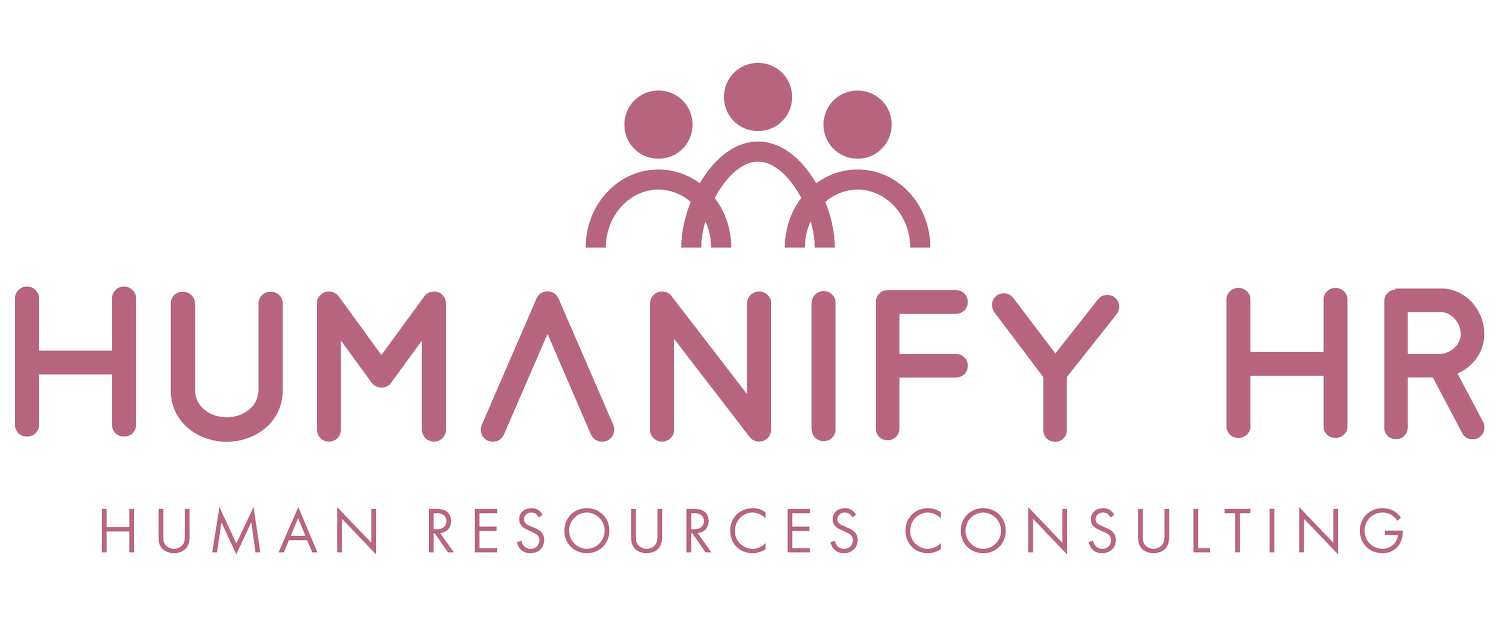What the 3.75 per cent wage review of the Fair Work Commission means for Australian workplaces
Distribution estimates of employment arrangements that cover Australian workers effective 3 June 2024
Written by: Sarah Queenan, Managing Director - Humanify HR Consulting
Key Insights
The Fair Work Commission has handed down the 2024 Annual Wage Review decision, resulting in a 3.75% increase for employees engaged under modern awards. This will see the national minimum wage increase to $915.90 per week or $24.10 per hour effective from 1 July 2024.
It is estimated that 25% of Australian workers are covered by a modern award, 34% under an enterprise agreement and the remaining 41% under contract or other employment arrangements.
Employee wages in Australia are increasing, with employees engaged under an enterprise agreement receiving an average annual wage increase of 4.3% and the Wage Price Index (WPI) at the March 2024 quarter sitting at 4.1%.
What does the 3.75 per cent wage review of the Fair Work Commission mean for Australian workplaces?
On 3 June 2024 the Fair Work Commission handed down its decision in the Annual Wage Review, resulting in a 3.75 per cent increase to the national minimum wage and all modern award minimum wage rates effective from 1 July 2024.
The Fair Work Commission is required under Section 285 of the Fair Work Act 2009 (Cth) to undertake the Annual Wage Review. By doing so, the Commission performs an important statutory function, assessing and putting in place a safety net of fair minimum wages for Australian workers.
This increase will be welcomed by award-reliant employees, who are more likely to be lower-paid workers. It should be noted that the increase of 3.75 per cent this year, is down 2 per cent on the Annual Wage Review decision of last year, that saw the Fair Work Commission hand down a considerably higher increase of 5.75 per cent.
Who does this decision impact?
The decision impacts around 2.6 million Australian workers, employed under minimum wage rates in accordance with the 121 modern awards that apply to employees in the national industrial relations system. It is estimated that Australian workers currently engaged under a modern award make up 25% of the total workforce. Employers who engage employees under awards, will need to ensure they pass on the wage review in full to eligible employees effective from 1 July 2024.
The national minimum wage will increase to $915.90 per week or $24.10 per hour, to apply from 1 July 2024. Employers should take the opportunity to check all other pay rates and pass on increases to other award classifications. For employers, this is a great time to undertake an industrial relations (IR) risk assessment, ensuring that pay rates are being applied appropriately and proper checks are in place to ensure that employees are being paid correctly.
What factors did the Fair Work Commission consider in making this decision?
The primary factors the Fair Work Commission considered in reaching the 3.75 per cent increase of the Annual Wage Review were:
Ongoing cost of living pressures, experienced more severely by low-income employees likely to be more reliant on modern award increases and directly impacted by this decision.
Inflation being considerably lower than it was at the time of the review last year. However, labour productivity has only recently returned to positive territory.
Stage 3 tax cuts and the projected increase they are expected to bring to household incomes over the next 12 months.
Increases to the Superannuation Guarantee Contribution as a moderating factor to the decision, scheduled to increase from the current 11% to 11.5% from 1 July 2024.
What about employees not engaged under a modern award?
Enterprise Agreements
For employees engaged under enterprise agreements, that are estimated currently to cover 34% of the Australian workforce, the current average annual wage increase as at the December 2023 quarter indicates across all sectors a wage increase of 4.3%. Salary increases in the December 2023 quarter compared to the September 2023 quarter, show a decrease in the private sector of -0.2% and an increase in the public sector of +0.8%, likely heavily influenced by activity in federal public sector enterprise bargaining with most enterprise agreements concluding in the December 2023 quarter, providing in excess of a 3.8% pay increase on commencement.
Enterprise agreements approved in the quarter
Source: Trends in Federal Enterprise Bargaining – December Quarter 2023
Other (ie: contract etc)
For employees engaged under other (ie: employment contracts) it is difficult with precision to quantify the salary increases received, as contracts are largely unregulated in the Australian workplace relations system. The Wage Price Index (WPI) for the March 2024 quarter shows the seasonally adjusted WPI rose 0.8% this quarter and 4.1% over the year, indicating an upwards trajectory in wage growth.
The Australian Bureau of Statistics (ABS) is scheduled to release the updated June 2024 quarter WPI data on 13 August 2024, that will likely be closely monitored by economists, academics and business owners as they continue to manage inflationary pressures.
More information
Would you like to know more about how the Australian workplace relations system operates, particularly in relation to enterprise bargaining? Join our upcoming online workshop on 18 June 2024, Effective Enterprise Bargaining Representative to negotiate like a pro at the bargaining table.
Alternatively, contact us at hello@humanifyhr.com.au to see how we can help support your business or organisation with these changes. To be the first to know about workplace relations updates and HR resources, you can subscribe to our mailing list here.
Disclaimer: The material contained in this article is provided as general information only. It is not, nor is intended to be legal advice. If you wish to take any action based on the content of this article, we recommend that you seek professional advice that considers your specific context, needs and requirements.



